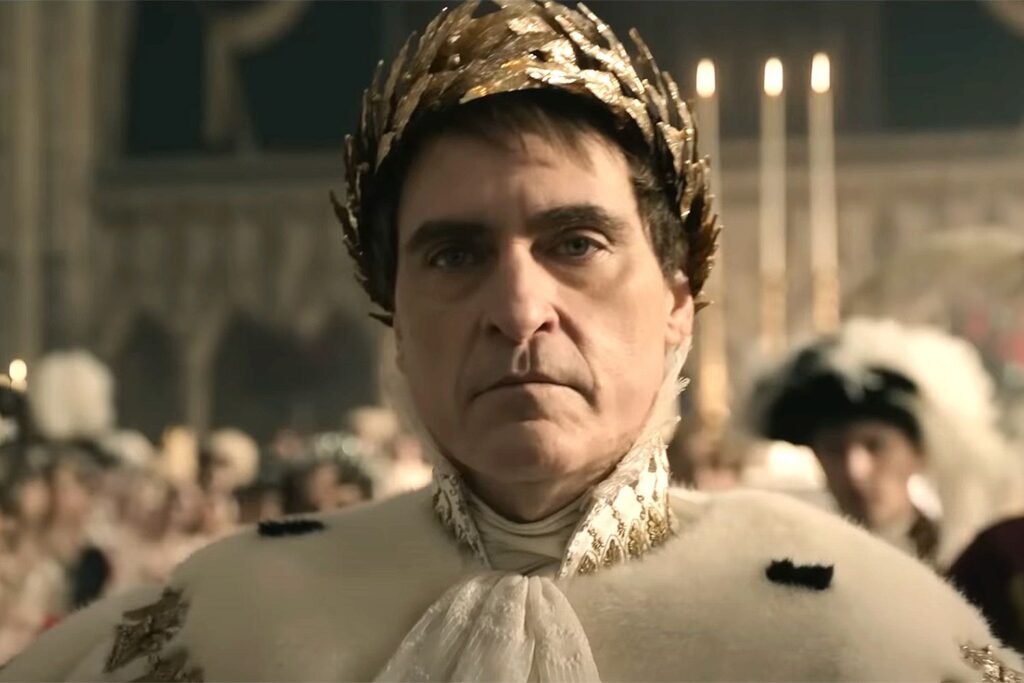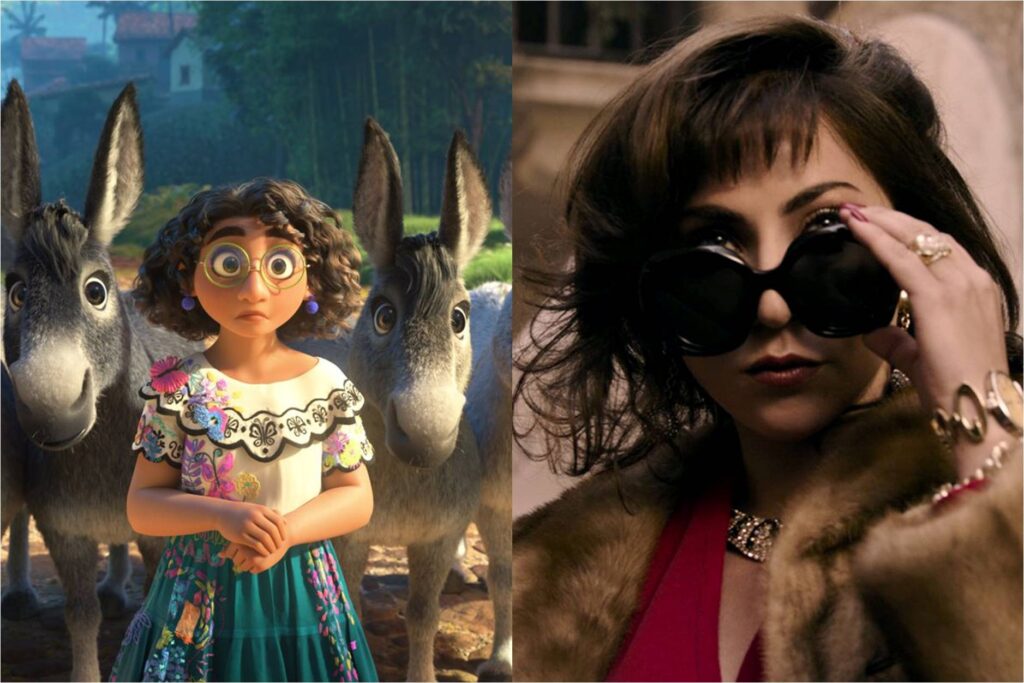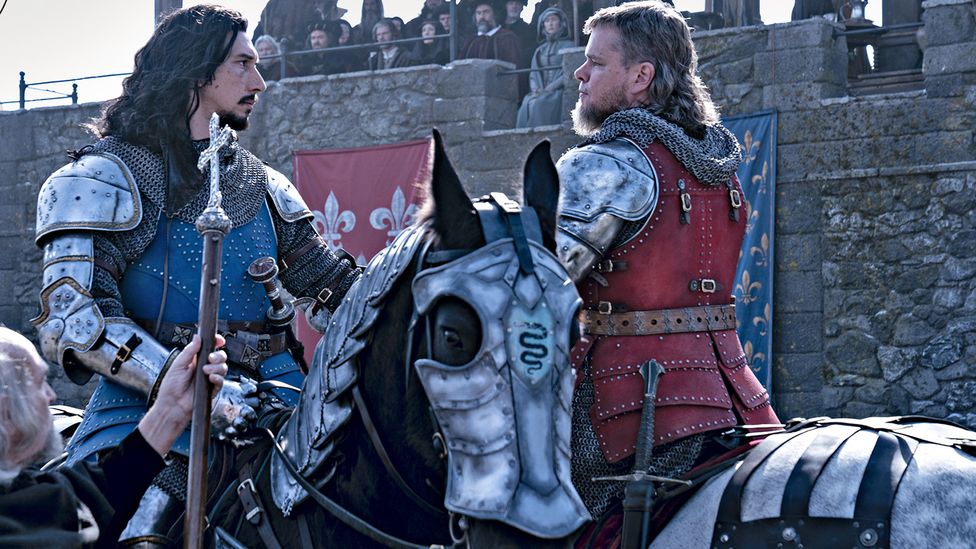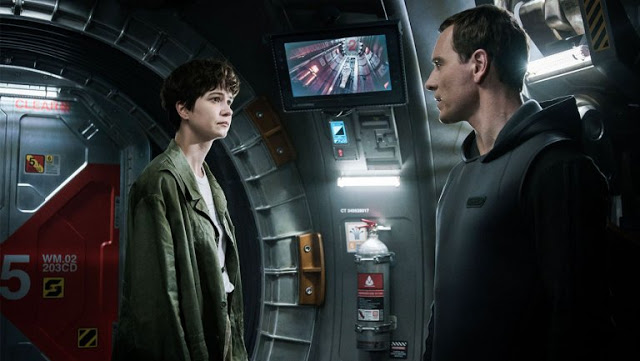Gladiator II: And the Rome of the Slave
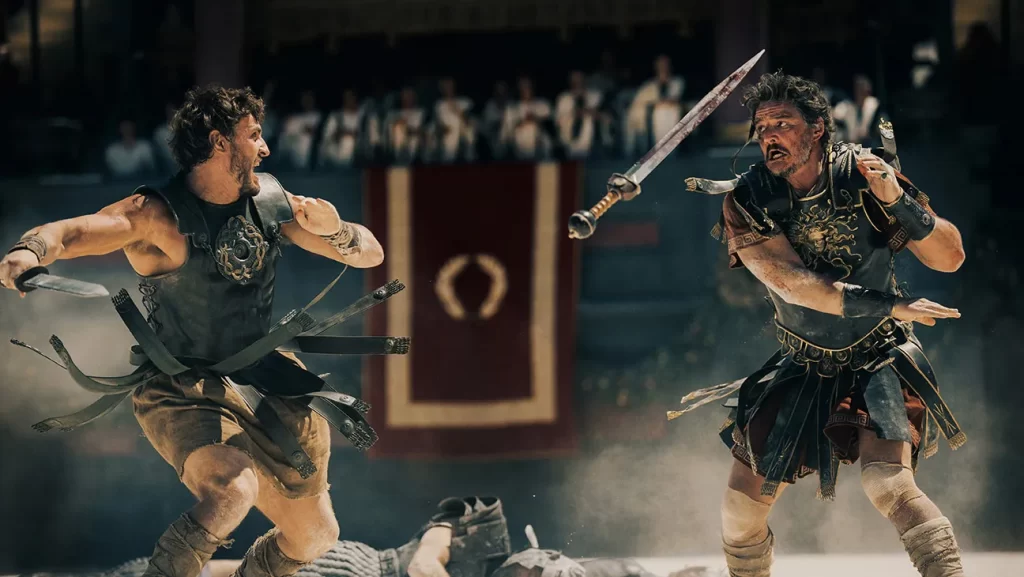
One of the more memorable lines of Ridley Scott’s Gladiator was its hero’s insistence that what we do in life echoes in eternity. Maybe not, but it definitely echoes in sequels. Gladiator II, Scott’s quarter-century-later follow-up to the Best Picture winner of 2000, takes great pains to (strength and) honor its predecessor—not just by recalling dialogue or by repeating themes (the screenplay is by David Scarpa), but by crafting a story that latches onto the original’s skeleton like a necromantic barnacle. The result is less a mighty statue than a wispy hologram, aiming to resemble its predecessor but struggling to acquire its weight or texture.
The concept of diminishing returns in Hollywood is hardly new, and besides, it seems unfair to ding Scott and Scarpa for modeling so faithfully off of their existing blueprint. After all, what is a sequel but a continuation? Still, in its early going, Gladiator II threatens to develop its own personality, hinting toward narrative independence, if not stylistic novelty. Sure, the first time we see Hanno (Paul Mescal), he’s tending crops on his farm, a symbol of classical masculinity that inevitably recalls Russell Crowe’s Maximus dreaming of golden fields of swaying wheat. But any thoughts of gladiatorial combat or imperial destiny are far from Hanno’s mind; a legionnaire living in the humble province of Numidia, his more pressing concern is the advancing Roman army, led by a brilliant and ruthless general named Acacius (Pedro Pascal). Read More

